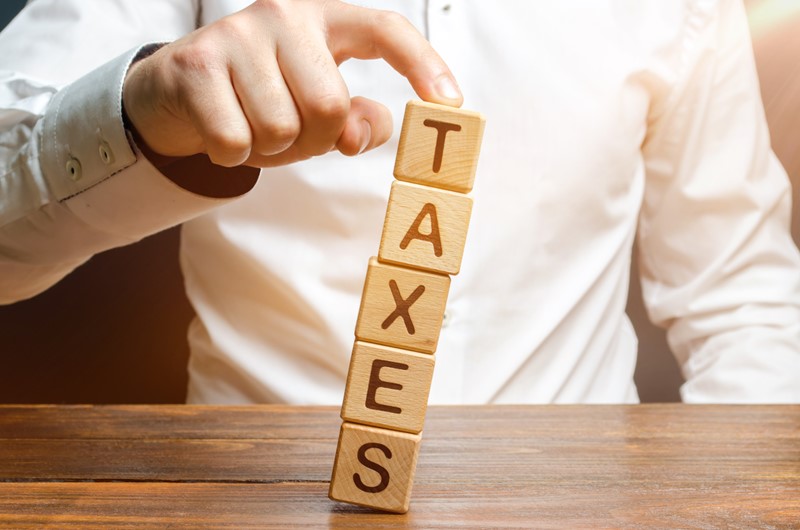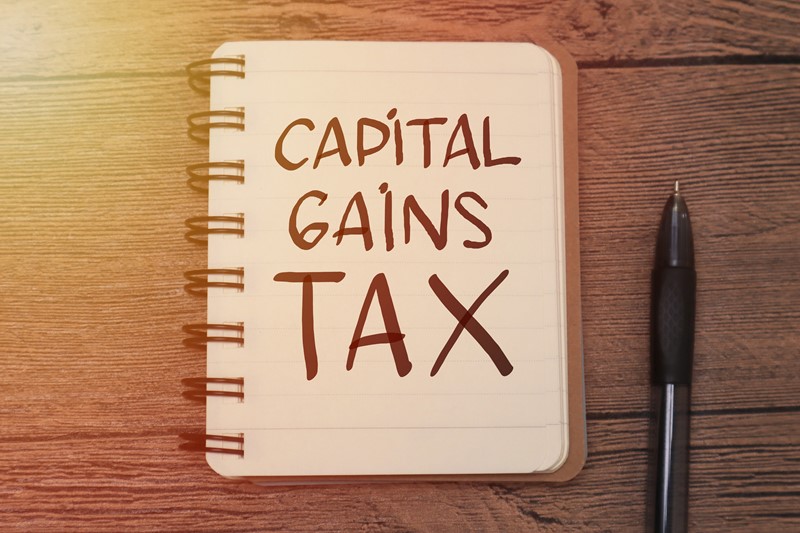Where a taxpayer owns a business as a sole trader or in partnership, a capital gain will be deemed to arise if the business is converted into a company by reference to the market value of the business assets, including goodwill. This could give rise to a chargeable gain based broadly on the difference between the market value of the assets and their original cost. However, in most cases the incorporation of the business will be organised in such a way as to satisfy the conditions necessary to secure incorporation relief. One such condition is that the entire business with the whole of its assets (or the whole of its assets other than cash) must be transferred as a going concern wholly or partly in exchange for shares in the new company.
It is important to note that where the necessary conditions are met, incorporation relief is given automatically and there is no need to make a claim. The relief works by reducing the base cost of the new assets by a proportion of the gain arising from the disposal of the old assets.
Although the relief is automatic, it is possible to make an election in writing for incorporation relief not to apply. An election must be made before the second anniversary of 31 January next following the tax year in which the transfer took place. This means an election in respect of a transfer made in the current 2022-23 tax year must be made by 31 January 2026. The election deadline is reduced by one year if the shares are disposed of in the year following that in which the business was incorporated.










